New Historical Materials, New Perspectives | 2nd Seminar on Nanjing Massacre History Research by Young ScholarsHeld
On August 9, the second “Seminar on Nanjing Massacre History Research by Young Scholars” convened in Nanjing under the theme “New Historical Materials, New Perspectives.” The event attracted around 30 young scholars from 20 colleges and universities in China and abroad. These scholarsengaged extensive discussions with expert guests on topics such as the Nanjing Massacre, Japan’s aggression towards China and China’s resistance against Japanese aggression, national commemoration for Nanjing Massacre victims, post-war investigation and trials, Japanese puppet regimes at the height of China’s War of Resistance against Japanese Aggression (1931-1945), Chinese Communist Party’s participation in the war of resistance against Japanese aggression and revolutionary bases.
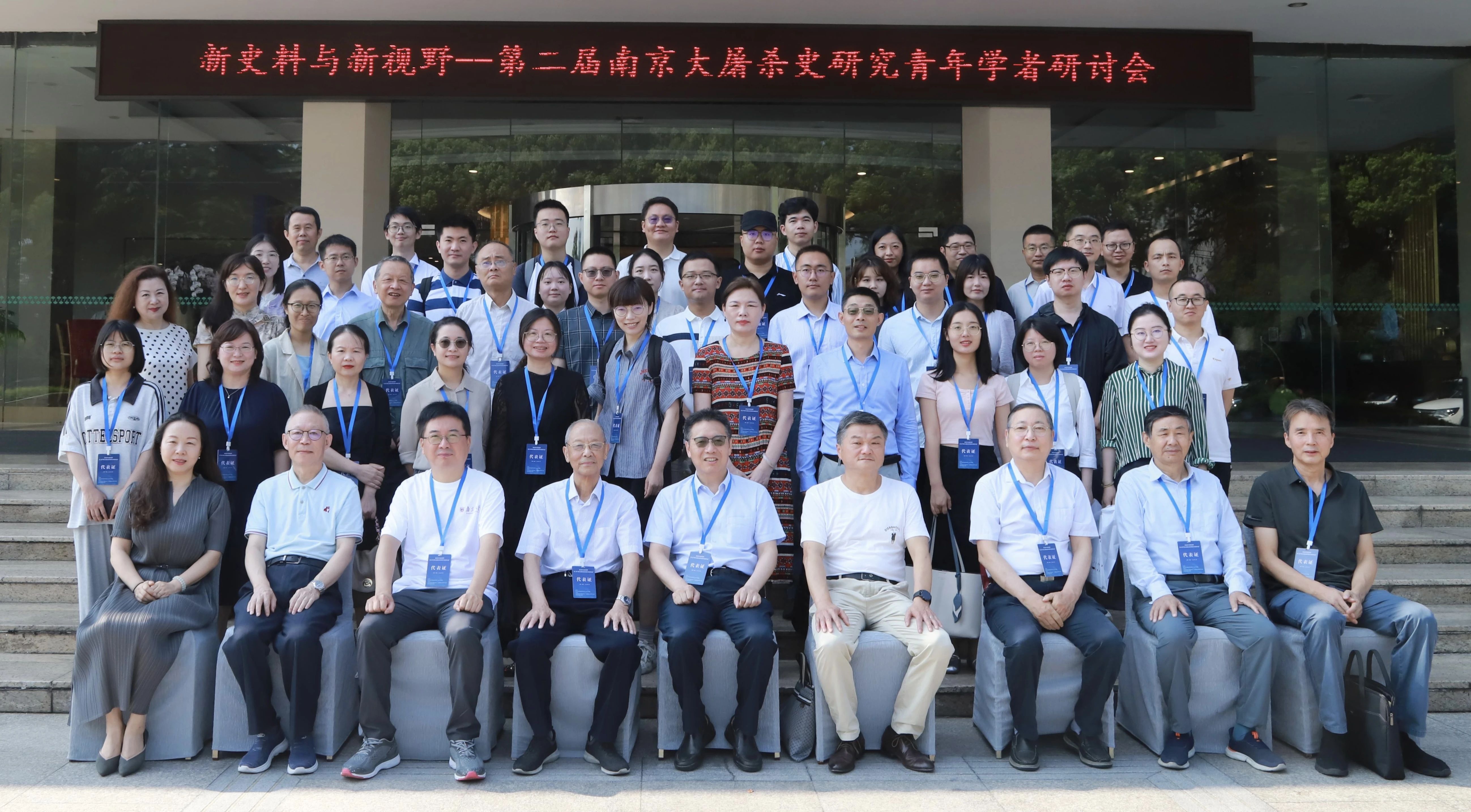
The seminar was hosted by the Memorial Hall and the School of History of Nanjing University, and organized by the Research Society of the History of Nanjing Massacre by Japanese Invaders, Journal of Japanese Invasion of China and Nanjing Massacre, and the Institute of National Heritage & International Peace (formerly known as the Institute of Nanjing Massacre History and International Peace). Tailored for young scholars specializing in Japanese aggression toward China and the history of the Nanjing Massacre, the seminar aims to recognize outstanding scholarly contributions in this domain. Esteemed experts from relevant fields provided profound insights and critical evaluations of the research findings presented, offering constructive advice. By encouraging these young scholars to explore, analyze, and utilize fresh historical materials from broader academic, practical, and global perspectives, the seminar seeks to advance academic research in this crucial area.
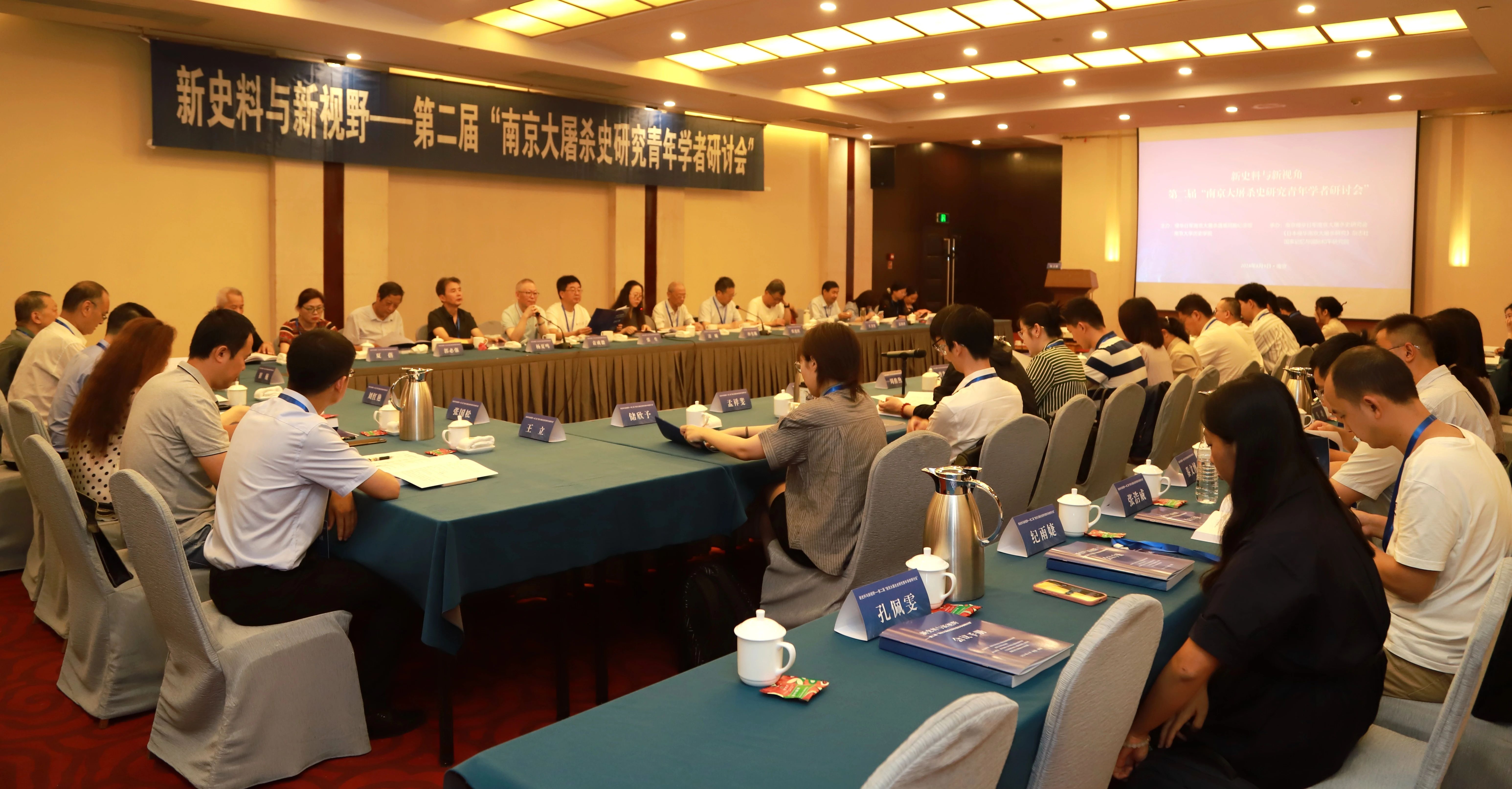
In February,the sponsor issued a call for papers, resulting in 63 contributions covering a wide range of topics and perspectives. The contributors came from colleges and universities, including Peking University, Nanjing University, Shanghai Jiao Tong University, Nankai University, Xiamen University, Osaka University (Japan), Kyoto University (Japan), City University of Macao, Sun Yat-sen University, Beijing Normal University, Nanjing Normal University, Northeast Normal University, and Sichuan University, as well as institutions like the Jiangsu Provincial Academy of Social Sciences and Nanjing Press.
Sun Zhaiwei, an archivist at the Jiangsu Provincial Research Institute of Culture and History and a research fellow at the History Institute of the Jiangsu Provincial Academy of Social Sciences, delivered an keynote address at the seminar. “I am heartened to observe the significant involvement of young scholars in the study of the Nanjing Massacre’s history. Indeed,I have always aspired for them to contribute to this field, as the younger generation represents the future of research in this area,” he remarked.He also highlighted the considerable potential for future research, stressing the need for the analysis of newly uncovered historical materials, a deeper examination of existing sources, and the incorporation of fresh perspectives, despite the wealth of research already available.
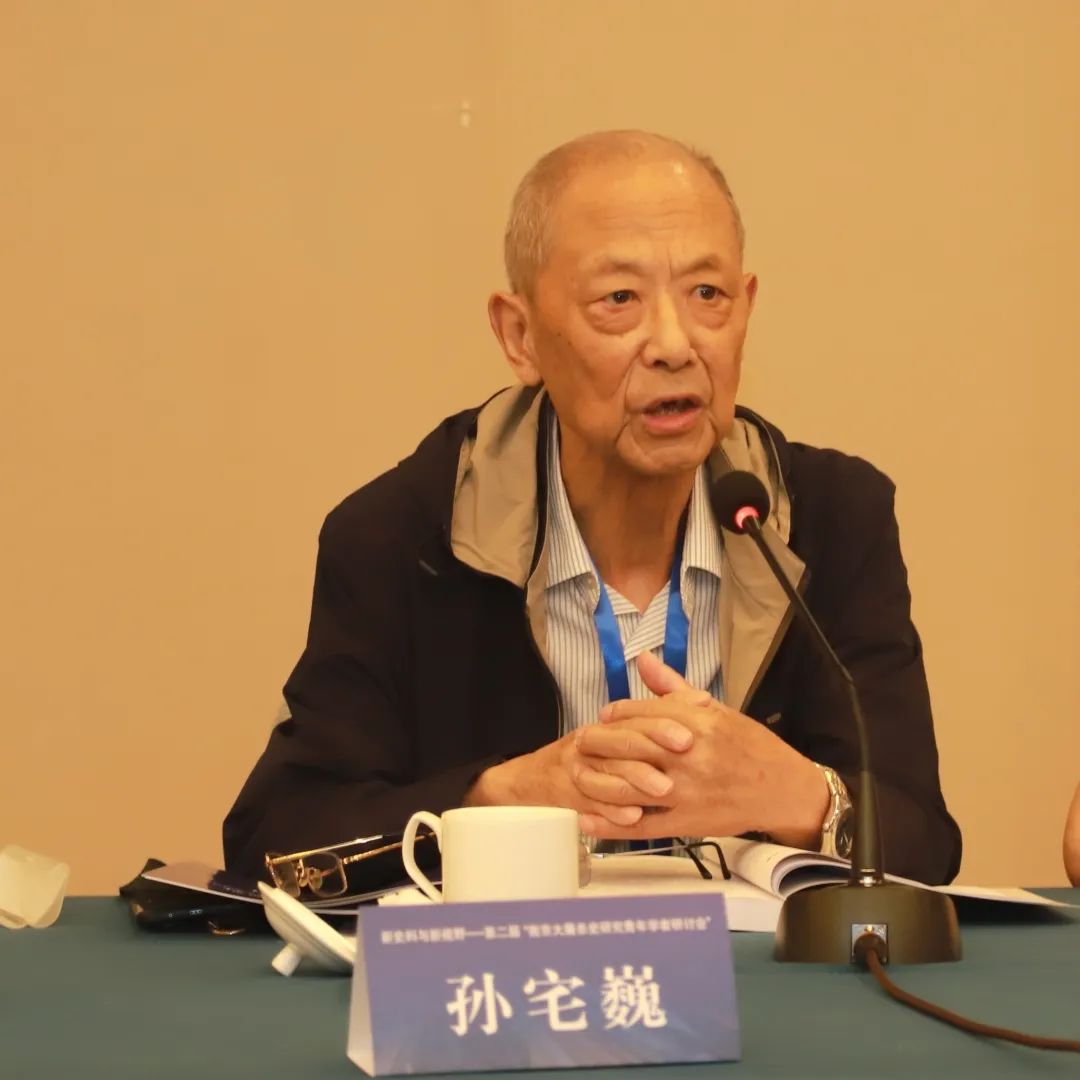
Discussions at the seminar were organized into four thematic groups,where young academics presented their research. The panel of experts provided feedback and engaged in intellectual dialogues. Associate Professor Lyv Jing from the School of History at Nanjing University, Associate Research Fellow Zhao Yuhui from the Research Institute of War Crimes Trials and World Peace at Shanghai Jiao Tong University, and doctoral candidate Li Qingling from Osaka University in Japan delivered thematic presentations. Additionally, Liu Jiawen, an archivist from the Memorial Hall, shared her research findings.
Li Qingling returned to China from Japan specifically to attend the seminar. Her research focuses on the Japanese army’s “sex slaves” system. As a woman, she feels a deep empathy for the victims of this system and felt a strong sense of duty to contribute to this field. During her master’s studies, Li noticed a lack of Chinese scholars advocating for China’s perspective on this research in Japan. Determined to address this gap, she chose to pursue her studies in Japan. “The seminar serves as a platform for participants to engage in scholarly exchanges and uphold the academic spirit. The involvement of young scholars ensures that historical research is passed down through generations. Here, we not only communicate with our peers, but also receive evaluation, guidance, and encouragement from experts,” she noted. Li expressed her hope that more young scholars could join her in this area of research.
Zhao Yuhui’s paper, The Decision-making Process of the Prosecution against Iwane Matsui by the International Prosecution Section and Its Implications,received significant acclaim from experts at the seminar, particularly for its unique research perspective. “When witnesses to the war fade away, how are we to pass on war memories?” Zhao queried, emphasizing the need for greater involvement of young scholars in historical research. These young scholars, Zhao noted, are poised to become a vital force in this field due to their broad perspectives, language skills, and proficiency with new technologies. Zhao also acknowledged the indispensable role of senior scholars in this process, stating, “The seminar has built a bridge for exchange between young scholars and seasoned experts. Their insights are both pertinent and enlightening, broadening my intellectual horizons. I have gained much from this experience.”
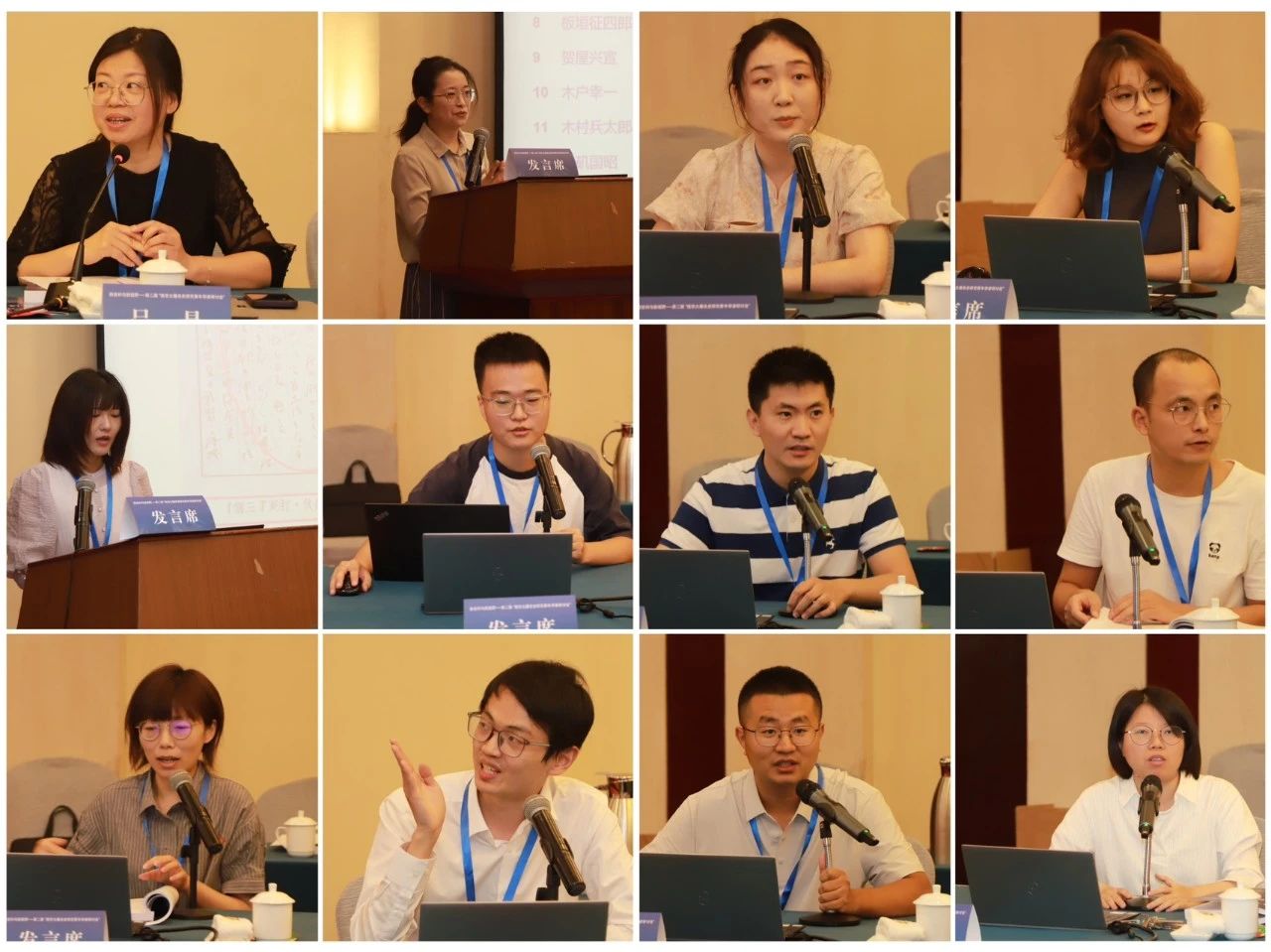
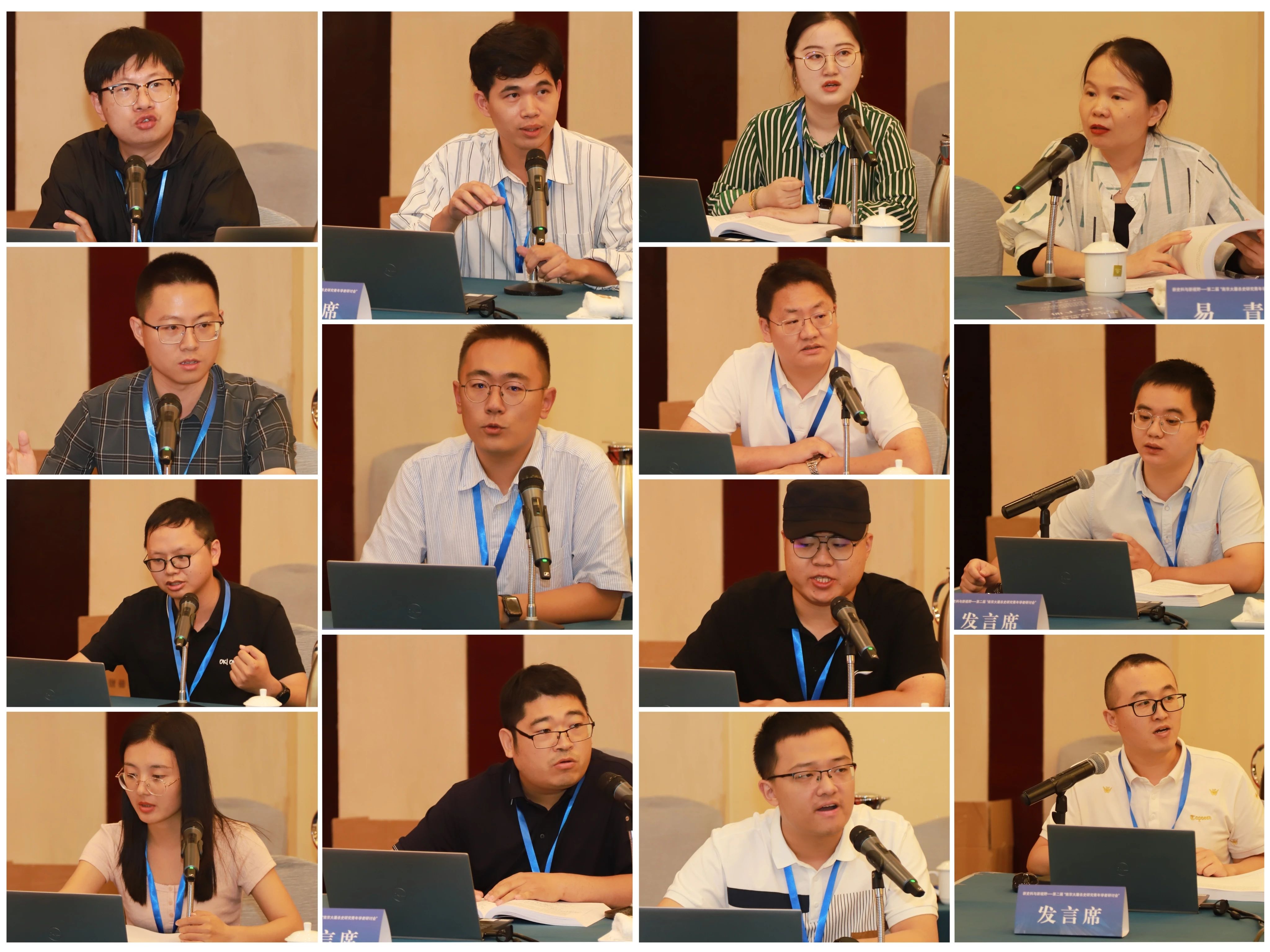
26 young scholars engaged in scholarly discussions
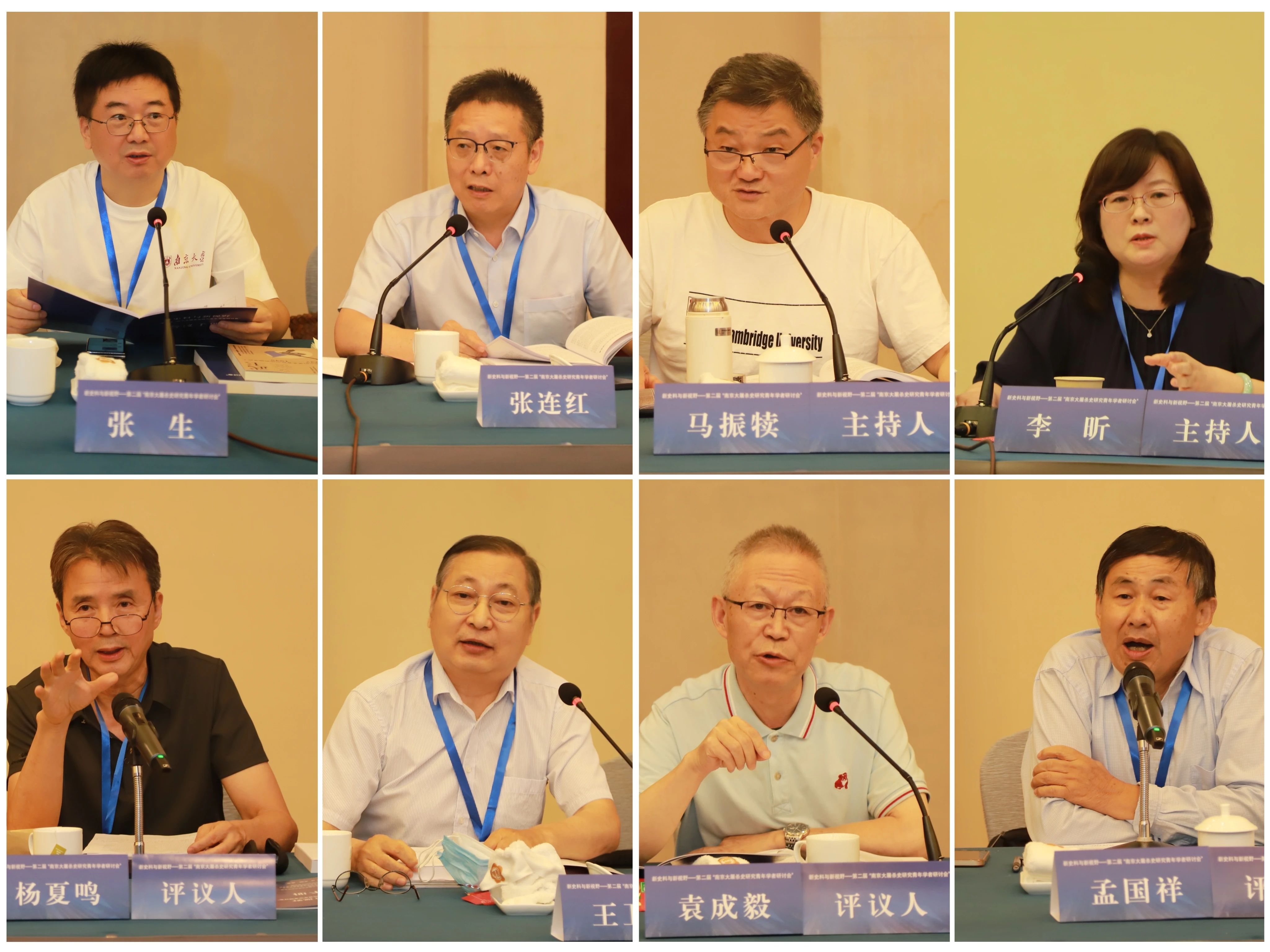
8 experts provided professional evaluations
In his closing remarks at the seminar, Zhang Lianhong, vice president of Nanjing Normal University and director of the university's Center for Nanjing Massacre Studies, highlighted three key characteristics of the research conducted by the young attendees.First, their research is multidisciplinary, with the young scholars exploring history through various lenses, including international law, journalism, and sociology. Second, their research is innovative, demonstrating originality in topic selection, conceptualization, and methodology.Third, their studies are grounded in an extensive range of historical materials and databases, with a notable increase in the use of Japanese language sources.
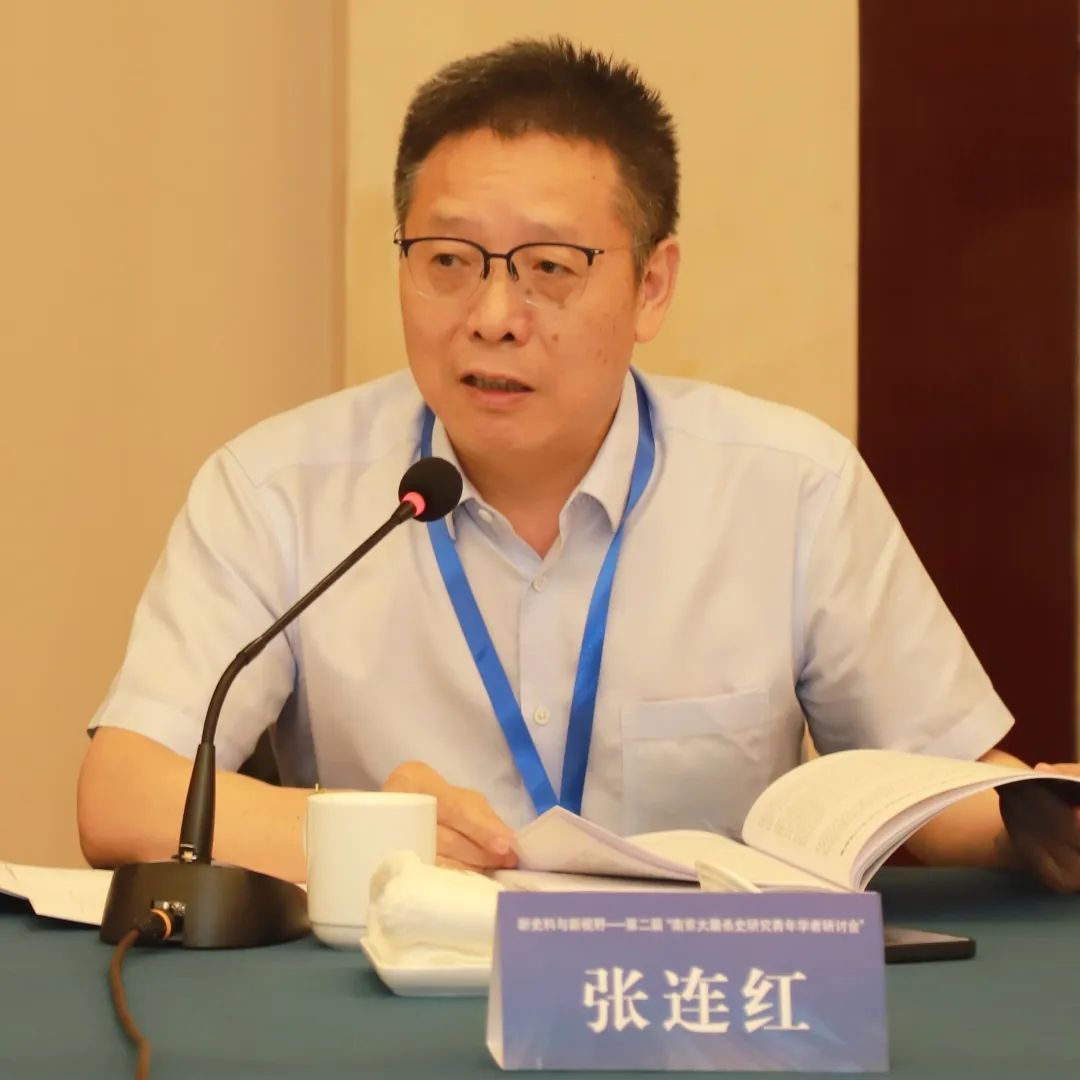
Zhang expressed his expectations and offered recommendations for the future scholarly endeavors of young academics. He urged them to stay current with the times and leverage digital thinking and concepts to advance historical research and development. Moreover, he encouraged greater participation in the research regarding the history of the Nanjing Massacre,emphasizing the importance of enhancing academic rigor by engaging with experts and fellow scholars.

